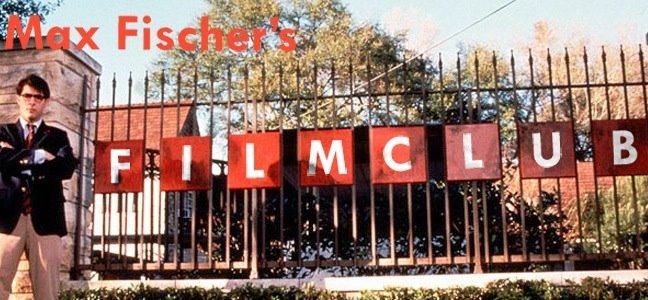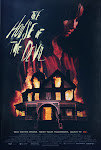
The last time I was back at my parent’s home, I had the opportunity to rummage through all my old childhood crap. This was actually at the request of my Mum, who has slowly grown tired of all her spare storage space resembling some kind of pop-culture dumping ground. To my delight, I came across this lovingly crafted homage to Star Wars made in infant school when I was 5 or 6. As I recall, my whole life at that age revolved around The Muppets and this
sacred trilogy.

It’s surprising how easy it is to pick out and recognise characters from the film on the cover and first page. I can’t decide whether it’s my uncanny artistic prowess at such a young age or that the characters are now so genuinely iconic, you could probably pick them out from undistinguishable blobs on a page. I think it’s probably the latter. That’s my teacher’s hand-writing on the cover by the way.

I think I’ve misunderstood a fundamental point to the Death Star and our heroes' introduction to it. They weren’t trying to get in the damn thing!

Proof of my early, active imagination as I surreptitiously place an Imperial stormtrooper on some ladders above the Vader/Obi Wan climatic fight scene. An example of thinking outside the cinematic box at such a young age.

Not sure what I had in mind when I created the red blob surrounded by a shimmering yellow light. Also, my interpretation of an X-Wing looks like a glowing candlestick holder with the bottom missing.

Notice how I deem the destruction of a major threat in the evil Empire worthy of some ‘prizes’ for Luke and co, as if they’ve just won the two-legged race at a school sports day.







